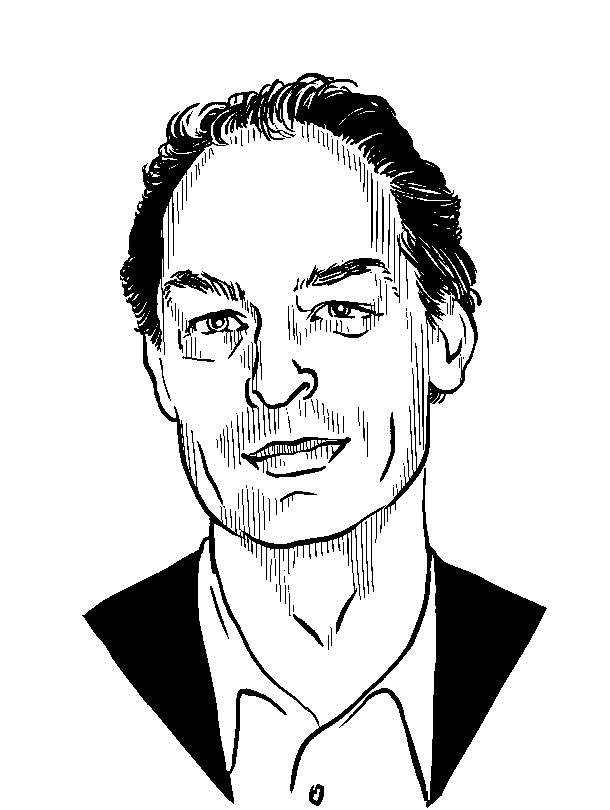When is a person dead, Andreas Brenner?
From its beginnings, with the spectacular heart transplant performed by Christiaan Barnard in Cape Town in December 1967, modern transplantation medicine has been confronted by questions that ultimately call into question the legitimacy of this field of medicine. This was already the case shortly after the operation in Cape Town, when a similar heart transplant operation was being planned in Harvard. The thought-provoking question posed by the American doctors was whether it is permissible to remove the heart from a living human being. The answer was of course not, and so the ethics commission at Cambridge University came up with a new criterion for death, namely brain death. From the point of view of transplantation medicine, this criterion had the obvious advantage that the person whose organ one wished to use for the purpose of transplantation was already dead although their organs were still alive and fresh. It is this bringing forward of the moment of death that has been a constant subject of debate, even up to the present day.
Critics see in this a reduction of a person to their brain alone, and they dispute that a person can be appropriately understood in terms of the performance level of their brain. Such misgivings have, as mentioned, existed since the very beginning of transplantation medicine. Just a year after the Harvard case, Hans Jonas criticized a number of inconsistencies in the new definition of death. In his rather defiantly titled essay Against the Stream, the later world renowned author of The Imperative of Responsibility could not help but make a connection between the new definition of death and the desire for those operations, which without this new definition would not be legal. Does desire, here, stand in the way of deeper insight?
For, and this is Jonas’ further objection, if a person’s body counts for nothing while their brain counts for everything, and if after the supposed irreversible failure of the brain a person is judged to be dead, then the existence of non-cerebral perceptions and capabilities is denied. This increasingly presents medicine with questions that it struggles to answer. How is one to understand, for example, a pregnancy guided through to successful childbirth although the mother is ‘dead’, namely a brain-dead person? Why are such people who have been identified as organ donors for transplantations still referred to as patients and not simply referred to as cadavers? In order to avoid such inconsistencies, the brain death criterion should best be described as what it is, a definition, and not as what it is not, namely an appropriate description of the phenomenon of being alive.
In relation to this, early in the discussion of the issue, neurophysiologist Detlef B. Linke observed: “No one who is diagnosed as brain dead should ever fear that they are not brain dead. Whether they are also dead when they are brain dead, that is another question.” And this other question cannot be resolved by simply drawing a final line under the debate, a debate that has raged for more than half a century. Medical and philosophical research, the latter mostly from the field of body phenomenology, makes it clear that we can better understand what life and death mean if we do not view the brain as a human being’s central organ. We make progress if, like Thomas Fuchs, the holder of the Karl Jaspers professorship in Heidelberg, we view the brain as a mediating organ. This understanding of the brain places this organ in the concert generated by the corporeality of human beings. This concert is painfully and probably irreversibly impaired when an important organ fails, but it does not necessarily therefore cease to exist entirely.
Taking this view, the pregnancy of the brain-dead woman is not a medical miracle, and the impression, again and again reported as disquieting by staff from the fields of medical therapy and by families, that a person who has been declared dead still seems somehow to be alive, can also now be explained.
All these concerns are in the meantime taken into full account by renowned supporters of transplantation medicine. The US medical ethicist Robert Truog also doubts that a person who is brain dead is also dead. This is not, in his opinion, an argument against organ transplantation, and in relation to this, he speaks of ‘justified killing’.
If such moral and intellectual contortions are to be avoided, then there is only one solution: the transplantation of singularly vital organs must cease.

